China’s passport system is designed to meet the diverse needs of its citizens and officials, and it is categorized into four distinct types: Diplomatic Passports, Official Passports, Ordinary Passports, and Special Administrative Region (SAR) Passports. Each type is aimed at different segments of the population, and each comes with varying levels of access to international travel. Let’s take a detailed look at the types of passports and their specific features.
Diplomatic Passports
Diplomatic passports are reserved for senior government officials, including top leadership in the Chinese Communist Party, government, and military. They are also issued to major figures within the National People’s Congress, the Chinese People’s Political Consultative Conference, and various democratic parties. In addition, diplomats, consular officials, and their accompanying family members—such as spouses and minor children—are issued diplomatic passports. These passports grant holders significant diplomatic privileges and are generally used for state or official business abroad.
The Chinese Ministry of Foreign Affairs is responsible for issuing diplomatic passports, and they are often recognized globally as symbols of official government status, giving their holders easier access to foreign territories. Diplomatic passports serve as a crucial tool for maintaining China’s global diplomatic relations.
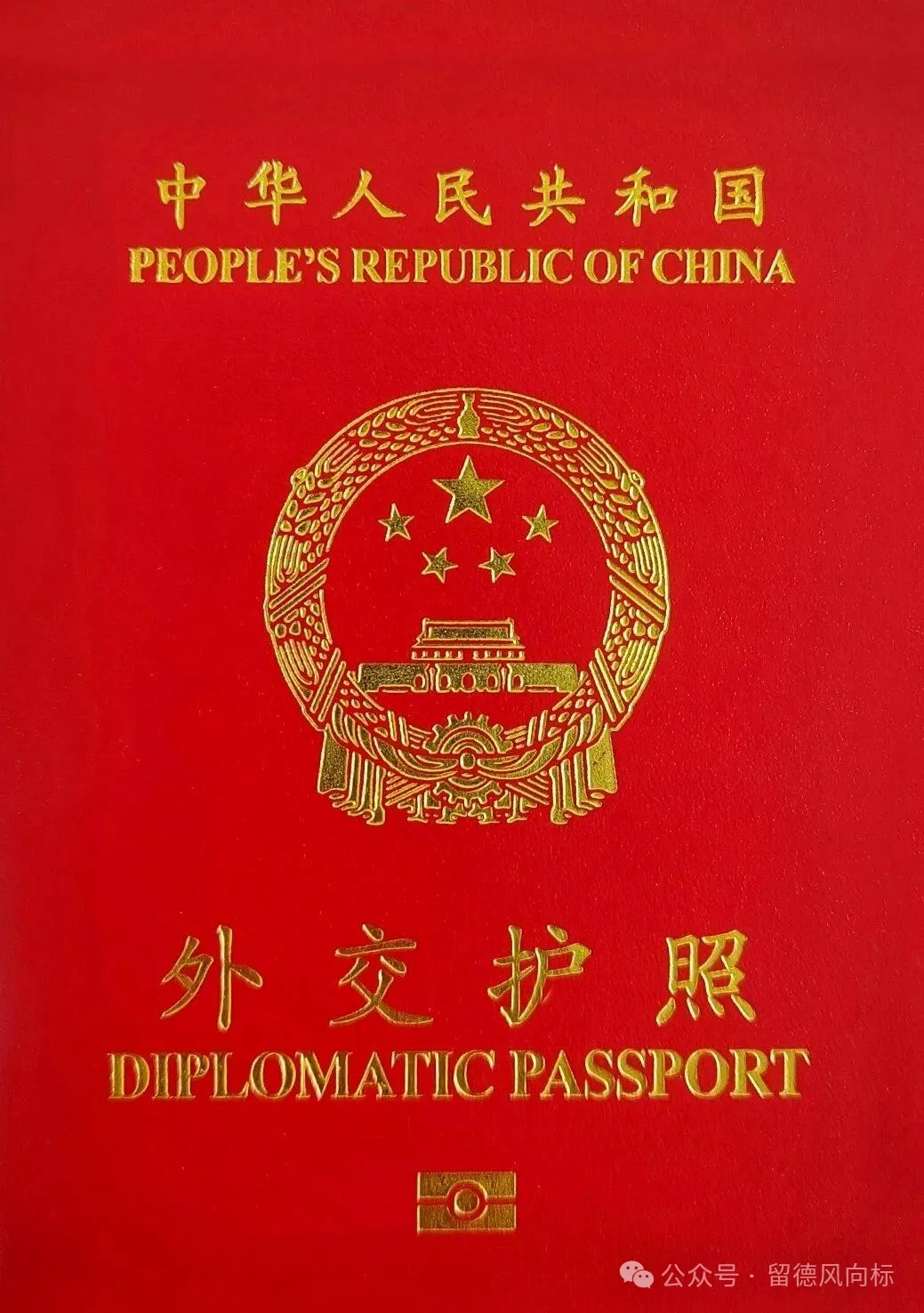
Official Passport
Service Passport
This type of passport are issued to civil servants at the deputy county level or higher, employees of China’s diplomatic missions, and workers at the United Nations or its specialized agencies. The issuance of official passports is handled by the Ministry of Foreign Affairs, embassies, consulates, or authorized government departments within China.
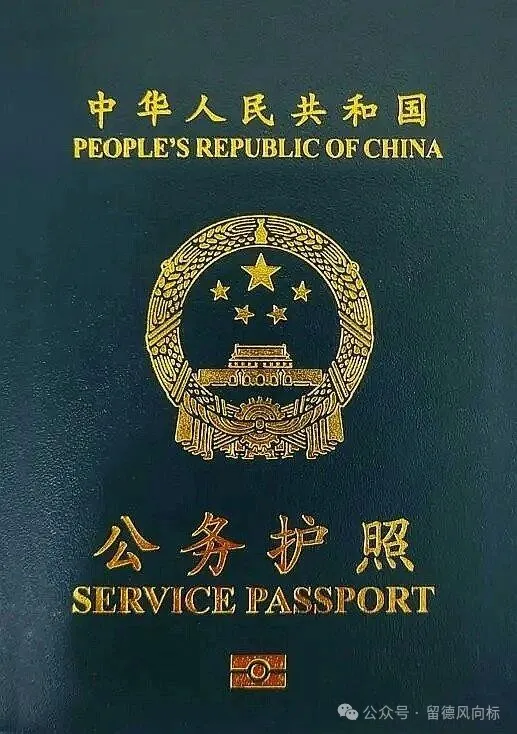
Passport for Public Affairs
The Passport for Public Affairs is issued by the Ministry of Foreign Affairs, embassies and consulates of the People’s Republic of China abroad or other overseas institutions entrusted by the Ministry of Foreign Affairs, as well as foreign affairs departments of provincial, autonomous regional, municipal and district-level people’s governments entrusted by the Ministry of Foreign Affairs to civil servants at or below the deputy county and division level in government departments at all levels in China and personnel of state-owned enterprises and institutions traveling abroad on official business.
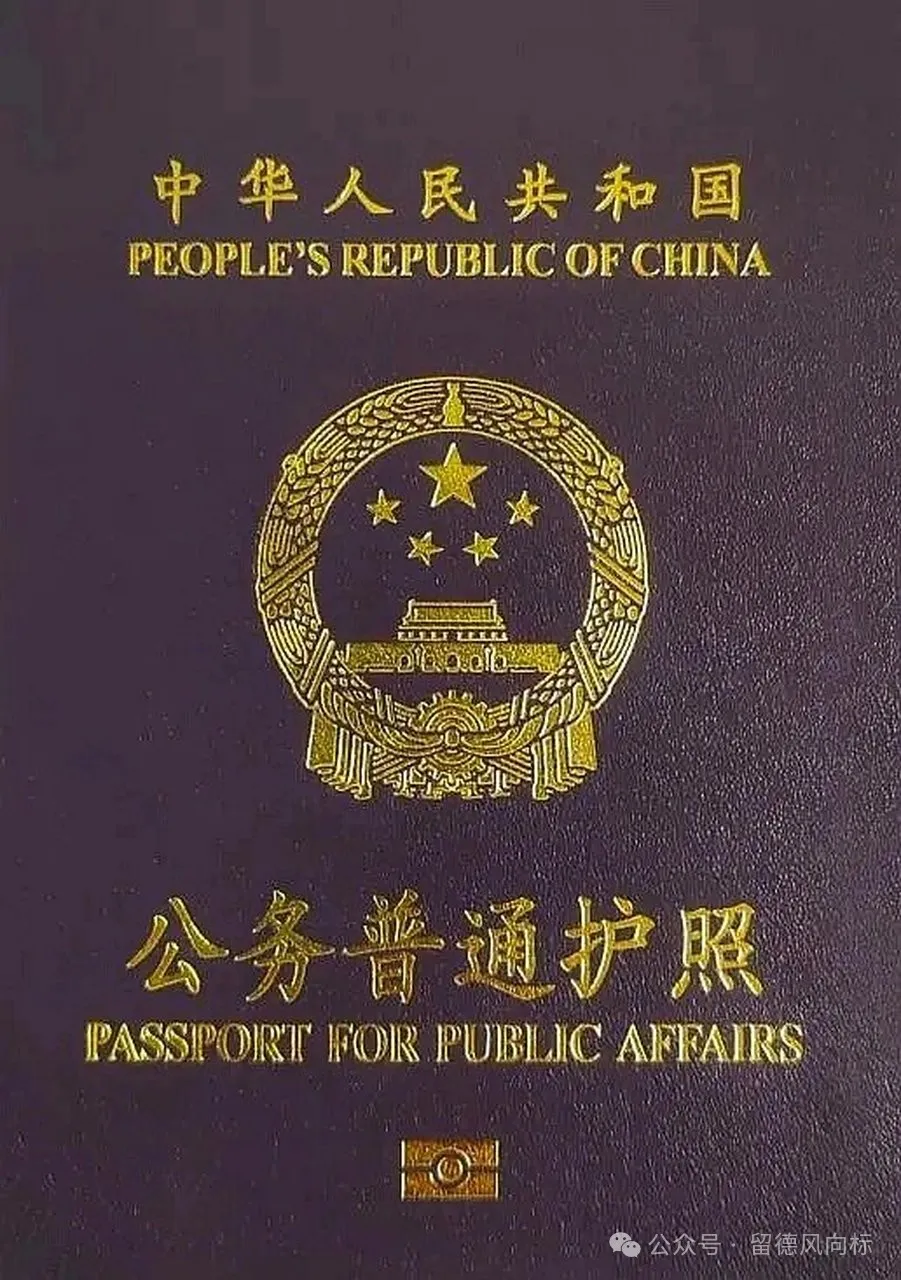
Ordinary Passports
Another type of Public Passport are issued to Chinese citizens who are not government employees or diplomats. These passports are intended for personal travel, such as tourism, business, and education, among other non-official purposes.
Ordinary passports are issued by the Ministry of Public Security or authorized public security organs, both in China and through Chinese embassies and consulates abroad. This category of passports is the most widely held and accessible to Chinese citizens. The validity of ordinary passports is typically 5 years for individuals under 16 and 10 years for those 16 and older.
As of January 2025, ordinary Chinese passport holders enjoy visa-free or visa-on-arrival access to 75 countries and regions, making them a useful travel document for global exploration.
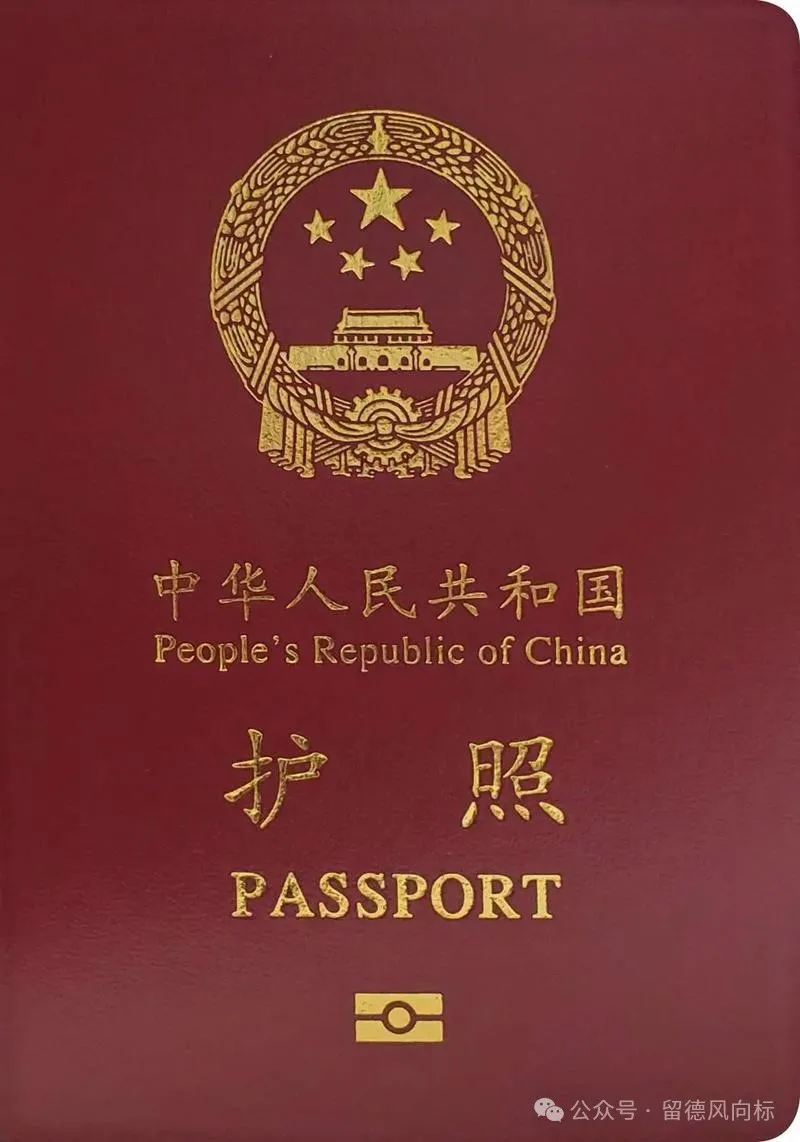
Special Administrative Region (SAR) Passports
China also issues Special Administrative Region (SAR) passports to residents of Hong Kong and Macao. These regions, while part of China, have their own distinct immigration systems, and thus, their residents are issued separate passports.
- Hong Kong SAR Passport: This passport is issued by the Hong Kong Immigration Department to Chinese citizens who have the right of abode in Hong Kong and hold a valid Hong Kong permanent identity card. As of December 2023, holders of Hong Kong SAR passports enjoy visa-free or on-arrival visa access to 171 countries and regions, making it one of the most powerful travel documents in the world.
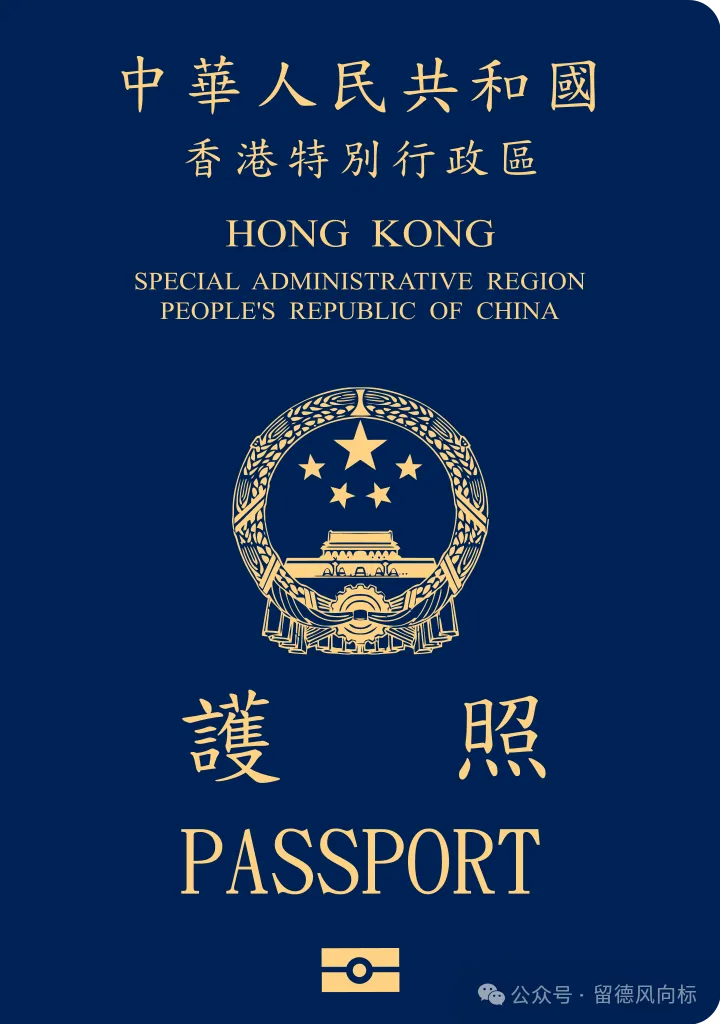
2. Macao SAR Passport: Issued by the Macao Identification Bureau to permanent residents of Macao, this passport allows its holders to travel internationally. As of March 2025, Macao SAR passport holders can visit 148 countries and regions without needing a visa or with visa-on-arrival access.
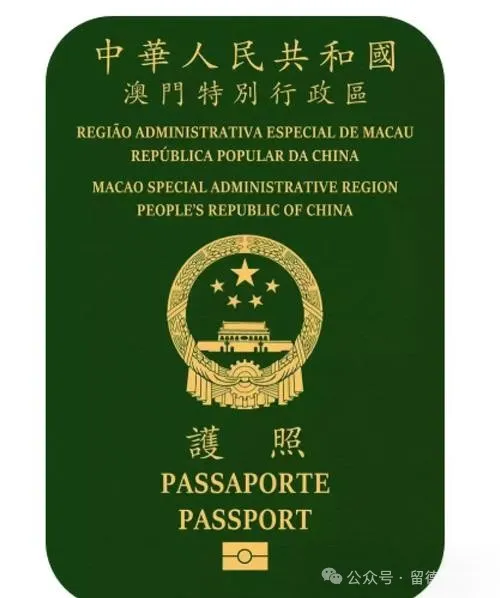
Taiwan and Travel Documents
Although Taiwan is officially a part of China, its residents hold different travel documents due to the political situation. Taiwan residents use a “Republic of China passport” for international travel, but this passport is not recognized for travel between Taiwan and mainland China. Mainland Chinese citizens traveling to Taiwan need to use a Mainland Resident Travel Permit or the Taiwan Entry and Exit Permit, which are issued by mainland authorities.
It is crucial to note that Taiwan is considered a province of China, and no “Taiwan passport” is issued for travel between Taiwan and mainland China. The documents used are determined by the respective administrative authorities, with travel to mainland China requiring specific permits issued by Taiwan’s authorities.
The Chinese passport system is comprehensive, offering different passport types to cater to the needs of various individuals, from high-ranking officials to everyday citizens and residents of Hong Kong and Macao. Diplomatic and official passports facilitate government work and diplomatic functions, while ordinary passports provide Chinese citizens the freedom to explore the world. Meanwhile, SAR passports give residents of Hong Kong and Macao special privileges based on their unique administrative status.
Related Posts
China reaffirms commitment to Multilateralism and role of UN

















